Top 10 benefits of electric vehicles


Electric vehicle ownership is growing in the UK. Availability, choice of model, improved battery life and range mean electric vehicles (EVs) are an increasingly attractive option for more people. So, is 2022 the time for you to make the switch? We’ve pulled together the ultimate guide to the environmental, economic and driving benefits of electric vehicles to help you decide.
The environmental impact of electric vehicles
We all want to reduce our impact on the environment and personal transport is an area where we can make a noticeable difference. But what are the specific electric vehicle environmental benefits?
1) Zero emissions
This is the big one. Electric vehicles don’t burn diesel or petrol so they produce zero exhaust emissions. That means no harmful gases like carbon dioxide that add to global warming. Also, there are no sooty particulates that add to poor air quality, especially in our towns and cities where vehicles tend to ‘stop/start’.
Poor air quality has been linked to a rise in respiratory issues, like asthma, especially among children. Just one electric vehicle can save on average 1.5 million grams of CO2. That’s roughly the same as four return flights to Barcelona.
2) Cleaner fuel
Petrol and diesel cars mean fossil fuels. Dug from the ground and refined, requiring huge amounts of energy. In contrast, with more renewable energy in our electric grid than ever, the energy required to charge an electric vehicle is much cleaner, especially if you are on a green tariff. Even if you’re on a standard tariff, there are ways you can make sure you’re charging with the cleanest energy possible – and you can earn rewards for doing so.
One way is to consider smart charging with the free ev.energy app, to optimise energy consumption. The app connects your car or charger to the grid and our algorithm will optimise your charging for the greenest and cheapest times available. For each smart charge of 10kWh or more, you’ll earn rewards including shopping vouchers and carbon offsetting credits.
3) Energy in production
Electric cars require more energy to produce than conventional cars because of the lithium-ion batteries, but even after taking battery manufacture into account, electric vehicles are still a greener option than petrol or diesel cars, because of the reduction in emissions over the lifetime of the car.
As battery technology improves and reusing/recycling of EV batteries becomes more readily available, the energy required to produce them will be further offset. One idea is to reuse batteries to store energy in our homes. Often on very windy or sunny days, the electricity grid produces a surplus of energy, if this could be stored in a domestic battery pack, we could further reduce our reliance on fossil fuels.
The economic benefits of electric vehicles
Electric cars are better for the environment, but can they be better for your pocket? There are many economic benefits of electric vehicles and taken as a package the cost savings soon add up.
4) Lower running costs
While the price of an EV may be similar to most comparable petrol or diesel cars, the cost of running one is significantly cheaper, particularly over the full lifetime of the vehicle. The fuel benefit alone can be huge. It costs around £65 to fill the average car with unleaded petrol. By comparison, EV charging costs between 1-10p per mile, which means you can drive 100 miles for as little as £1 depending on your energy tariff.
With smart charging you can make sure you only charge at the times when demand on the electricity grid is low and energy is cheaper, further reducing your costs. The ev.energy app allows you to set the time you want a full charge for and then automatically charges at the most cost-effective times to optimise energy consumption.
5) Lower maintenance costs
There are only three main components powering electric vehicles – the onboard charger, inverter and electric motor. This means there is far less wear and tear on the car and fewer moving parts susceptible to damage. All this means you’ll rarely have to have your EV serviced and in most cases the repair costs are minimal.
6) Tax benefits
There are tax benefits with electric vehicles too. EVs are exempt from vehicle tax for a start. In a bid to encourage EV ownership, Company Car Tax (CCT) is also low at just 1% in 2022. In addition, there are a number of incentives for businesses to choose electric vehicles as company cars including Benefit in Kind tax rates and 1 A National Insurance contributions.
7) Reduction in secondary charges
From Bath to Bradford, many UK cities either operate clean air zones or intend to adopt them to cut pollution. They currently apply to commercial vehicles, but it is inevitable that the charges will apply to private vehicles in the future. You will still be able to drive into city centres, but you will have to pay for the convenience.
Electric vehicles are exempt from these charges, just as they are exempt from London’s congestion charge which is currently £15 per day. Many councils also operate free parking bays for electric vehicles. In Milton Keynes for example, there are 15,000 city centre bays where EV owners can park for free.
8) Better resale value
Electric vehicles are holding their value. EV battery life has exceeded expectation and the used electric car market is buoyant. With sales of new petrol and diesel cars being banned from 2030 combined with the government’s intention to go fully electric by 2040 and to reach net-zero carbon by 2050, the demand for used electric vehicles looks set to be high for a long time to come.
The driving benefits of electric vehicles
Electric vehicles are better for the environment and deliver a number of cost savings, but what are the benefits in terms of the overall driving experience?
9) A more relaxing drive
Electric vehicles are much quieter than diesel and petrol models and create a far more comfortable and relaxing driving experience. With only ‘drive’, ‘reverse’ and ‘park, there are no constant gear changes to make. With just braking and accelerating to think about, driving is much less stressful, particularly in built-up areas where traffic lights and queues make start/stop traffic the norm. If you have to face the M25 traffic, it’ll be that much more comfortable in an EV.
10) Great performance
All electric motors have instant torque. Hit the accelerator and you’ll get an immediate response from the car with a surge of speed that’s perfect for pulling out onto busy roads and for nipping through traffic. Plus, with regenerative braking, you claim back charge when your foot comes off the accelerator.
The EV battery pack tends to be situated within the floor of the car which provides excellent balance and weight distribution. Handling through corners and roundabouts is effortless with noticeably little roll.
The bottom line
With the significant environmental, financial and driving experience benefits of electric vehicles, switching to an EV is makes sense to a growing number of people. As batteries, charging times and charging infrastructure improve they are set to become even more attractive. With government policy and legislation driving electric vehicle adoption, it’s now a case of when to switch, not if to switch.
Already driving electric? Download the ev.energy app today on the Apple App Store or Google Play Store.
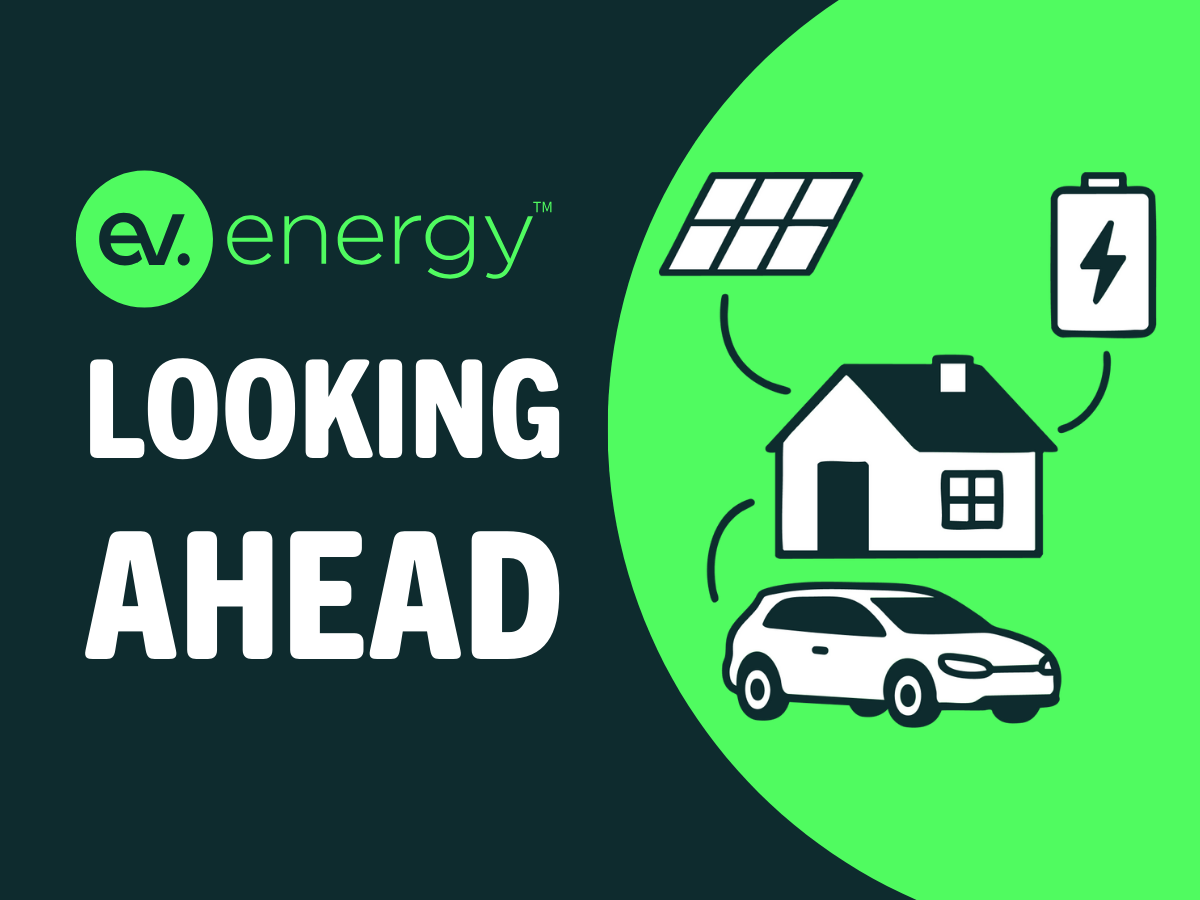

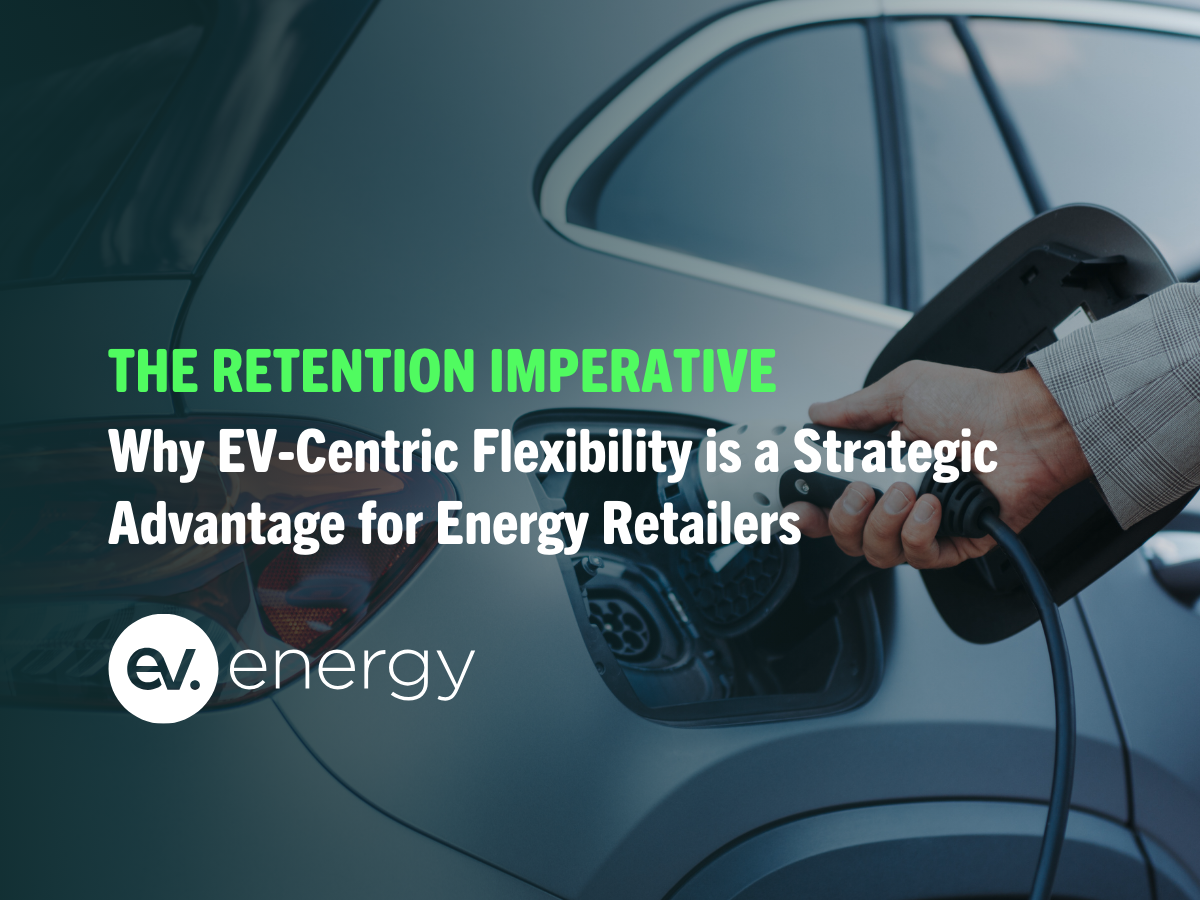

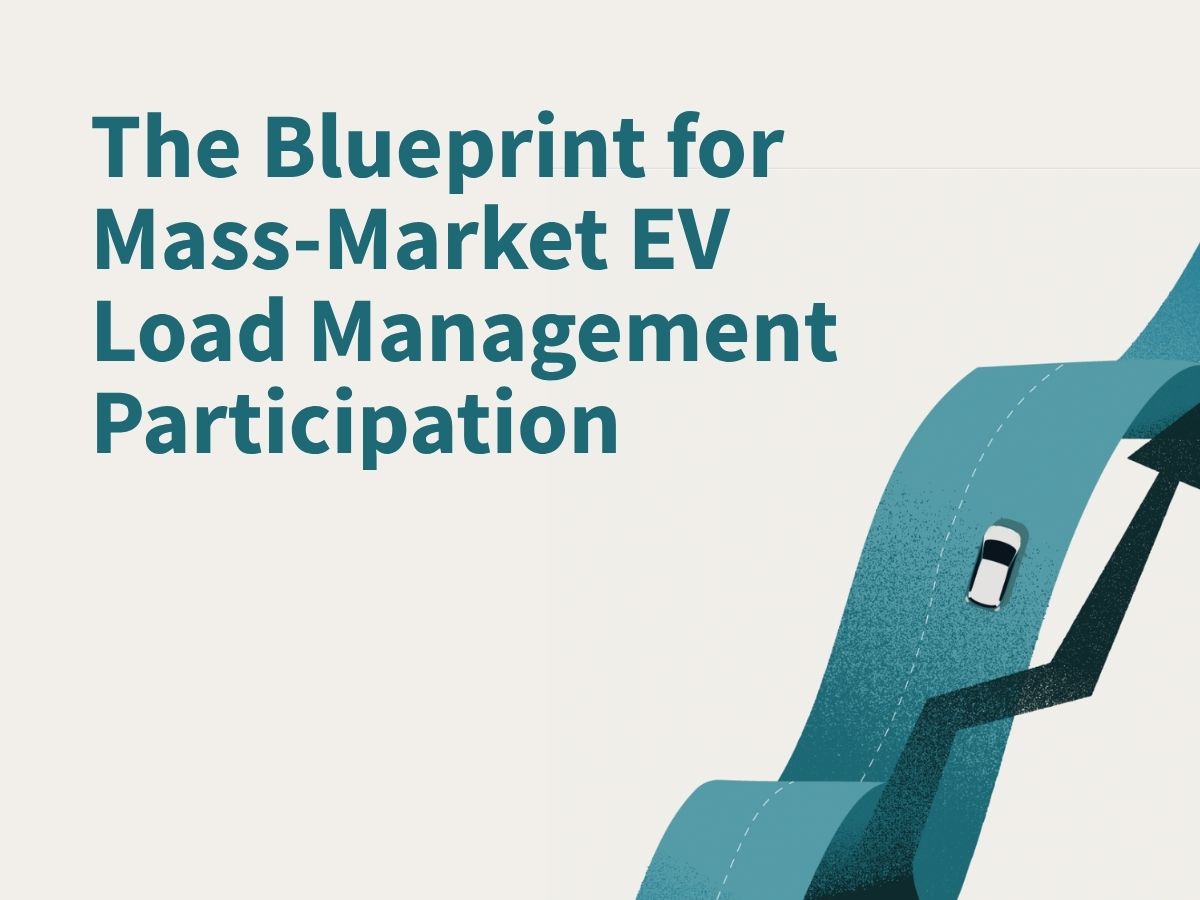

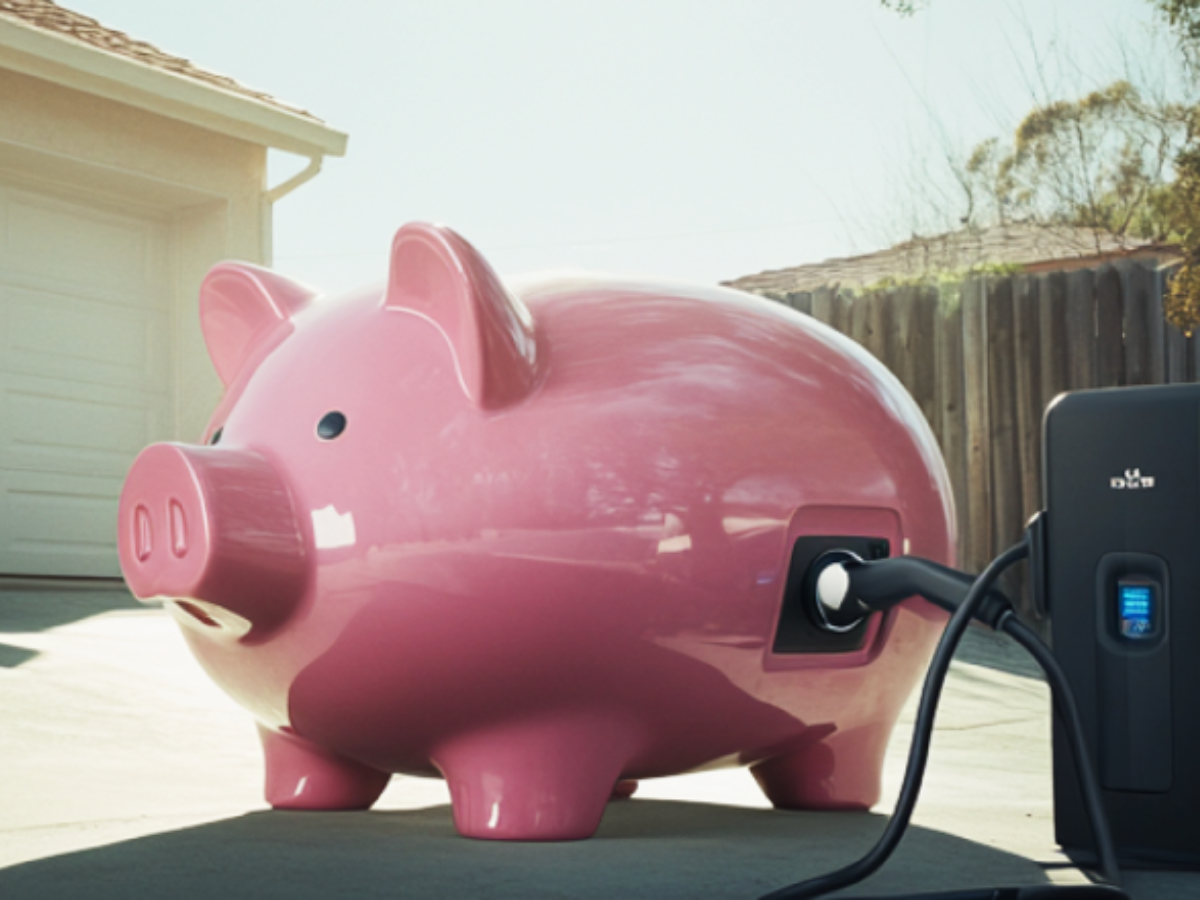










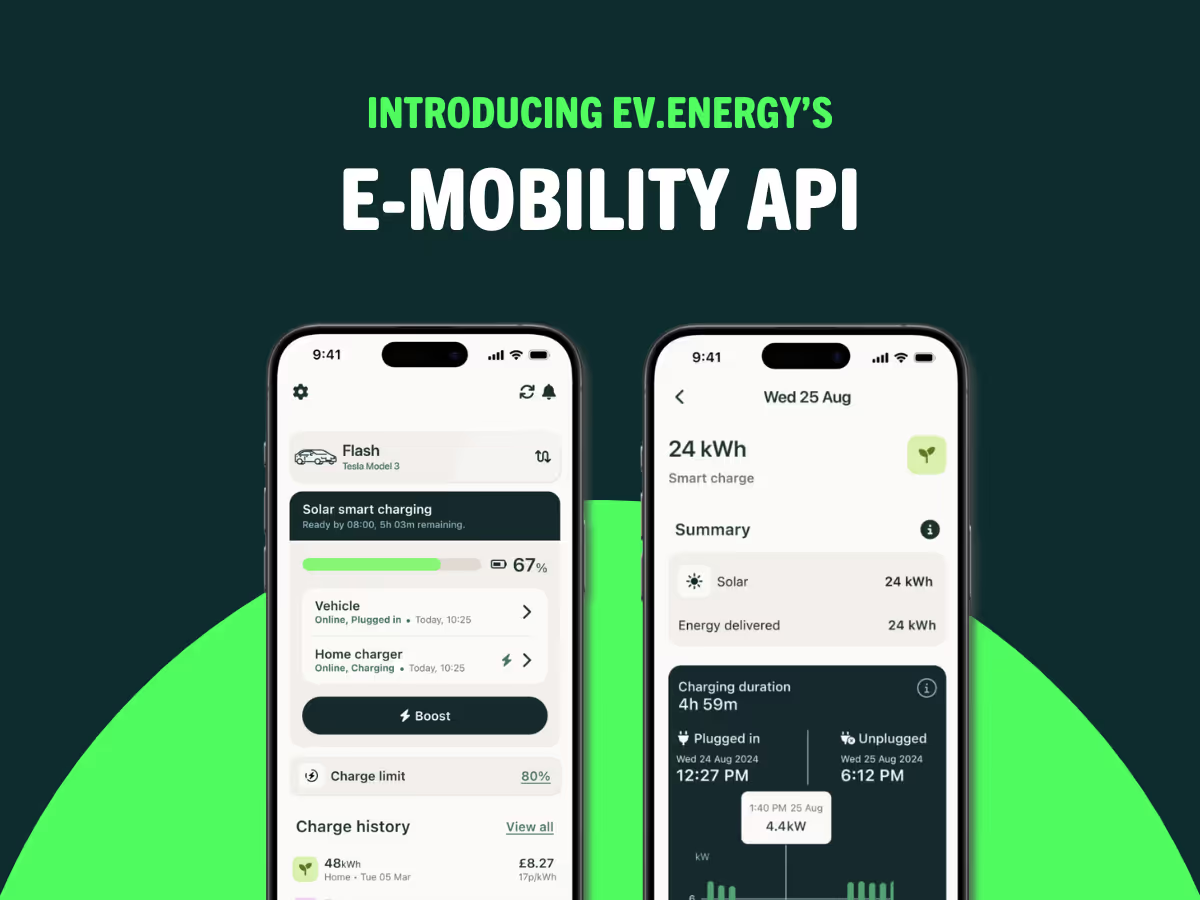

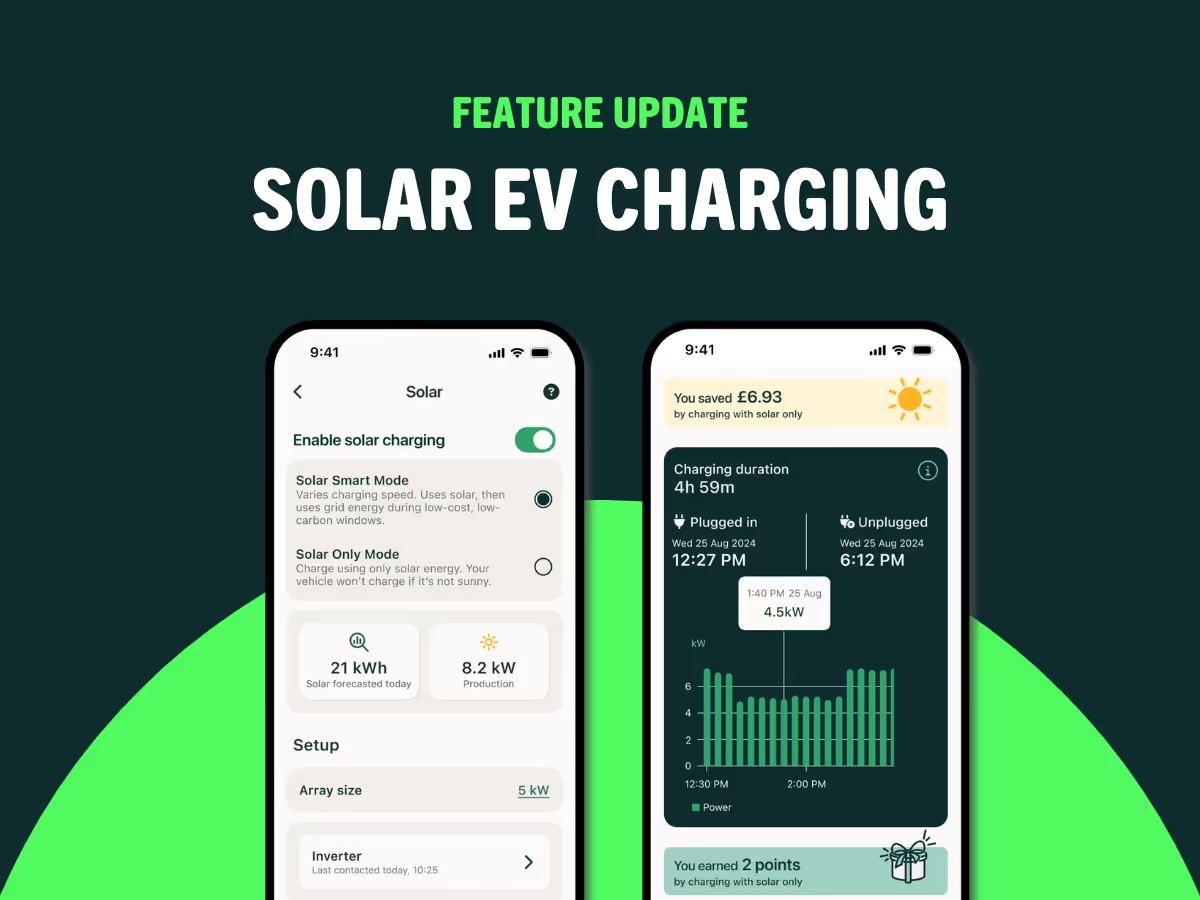














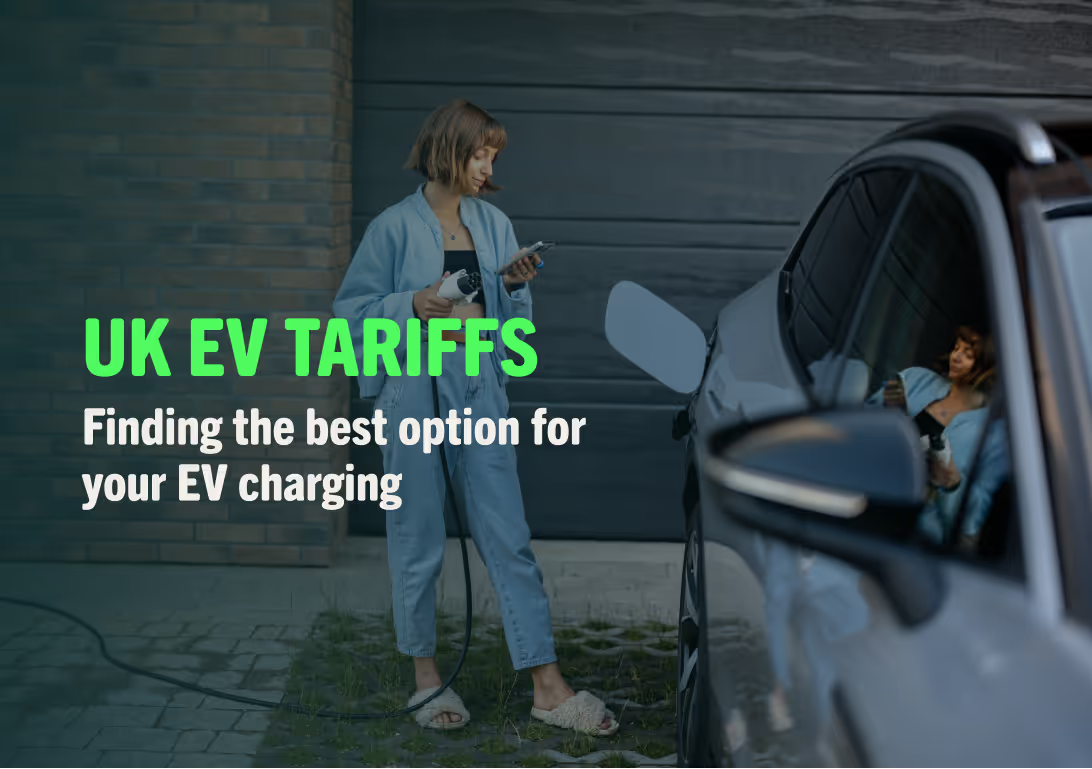







.avif)














































































